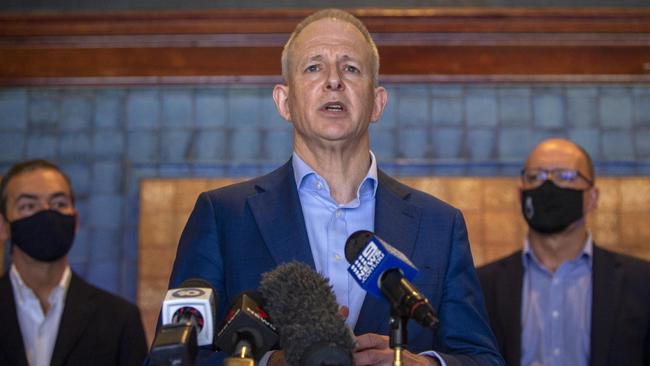
The study suggests that on the far left and far right, social media algorithms reward publishers who offer more extreme news.
This is hardly a surprise given US mainstream media piled on newspaper circulation with the hoax Russiagate story for four years. The Post last November apologised for – and withdrew from its website – parts of its Russiagate reporting that depended on the discredited Christopher Steele document about Trump and Moscow prostitutes.
Here, the Communications Minister Paul Fletcher last month promised to give the Australian Communications and Media Authority more power to police disinformation on platforms such as Facebook, Google, Twitter and YouTube.
No one wants legitimate debate and free speech curtailed, but too much disinformation is being spread online, often by malicious state actors or conspiracy theorists. And yet the very term disinformation can be highly political.
A spokesman for the minister last week said the reforms would apply only to online misinformation which is defined as “false, misleading or deceptive information that can cause harm”. He cited as examples “made up news items, doctored images and videos, false information shared on social media and scam advertisements”.
Some conservatives are sceptical of big-tech censorship they see as politically motivated, especially after President Trump was booted off Twitter on January 8, 2021. Worse was the pre-election decision to censor the Hunter Biden laptop story from the New York Post even though the Post had verified emails on the computer left at a Delaware repair shop.
Much of the research used by ACMA in its 2021 research paper released last month to justify Fletcher’s new reforms is based on surveys suggesting Australians have been exposed to pandemic misinformation.
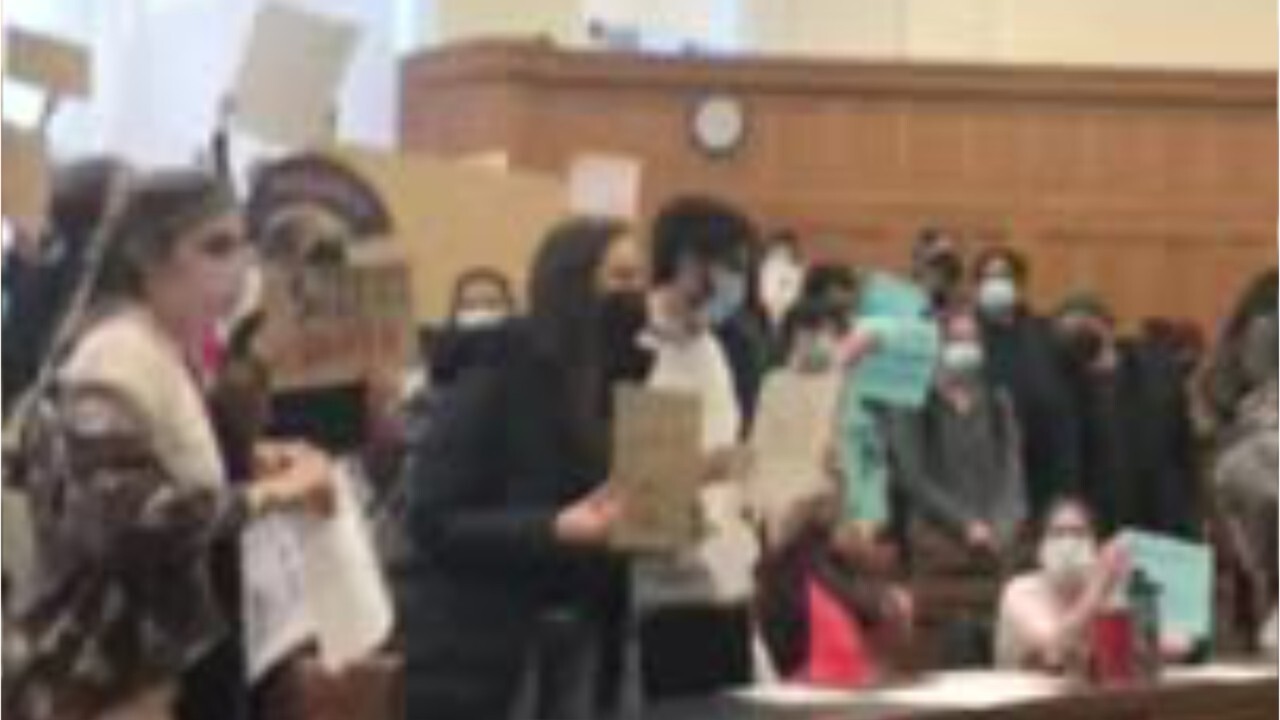
Yet what constitutes Covid misinformation has changed over the past two years.
Andrew Bolt, never a Covid or vaccination sceptic, on Sky News and in the News Corp tabloids criticised Dan Andrews’ Victorian government in 2020 for banning golf and fishing. We now know people are at very little risk of catching Covid if socially distanced outdoors.
Similarly, Chris Kenny disputed vaccine mandates on the basis vaccination was to protect the vaccinated rather than stop the spread of Covid. We now know vaccines do offer protection against severe infection but probably do much less to prevent the spread of Covid than supporters of vaccine mandates first thought.
In hindsight, more in the media should have criticised state Covid responses.
The September 2020 arrest of pregnant Ballarat woman Zoe Buhler, then 28, for proposing an event on Facebook now looks ridiculous. She called for an anti-lockdown protest in regional Victoria in support of Melburnians stuck in stage four lockdowns. She was treated in much of the media as an extremist and still faces a three-day hearing set down for late August for breaching health orders.
That year, free speech really depended on your politics. Buhler did not march anywhere but on June 6 tens of thousands of Melbourne protesters broke lockdown rules to join the city’s Black Lives Matter march. Victoria Police fined the rally’s three organisers $1652 each for breaching public health orders but that was it.
Fletcher’s proposed ACMA changes are yet to be drafted. It is unclear if in cases similar to that of Buhler or the BLM rally, Facebook would face sanction for hosting posts supporting action contrary to health orders.
Many journalists criticised this paper’s Washington correspondent Adam Creighton for writing favourably about Sweden’s response to Covid. Two years into the pandemic Creighton’s work looks correct. Anti-lockdown Sweden has remained open and has recorded 1770 deaths per million of population. Italy, Spain and the UK have recorded 2640, 2189 and 2411 deaths per million respectively.
Could a future government crack down on free discussion of climate change, for example?
As with recent floods in South East Queensland and NSW, there is a powerful narrative in the left media trying to pin all floods and fires on climate change, even though the UN’s Intergovernmental Panel on Climate Change has for many years made it clear that no single weather or fire event can be directly linked to climate change.
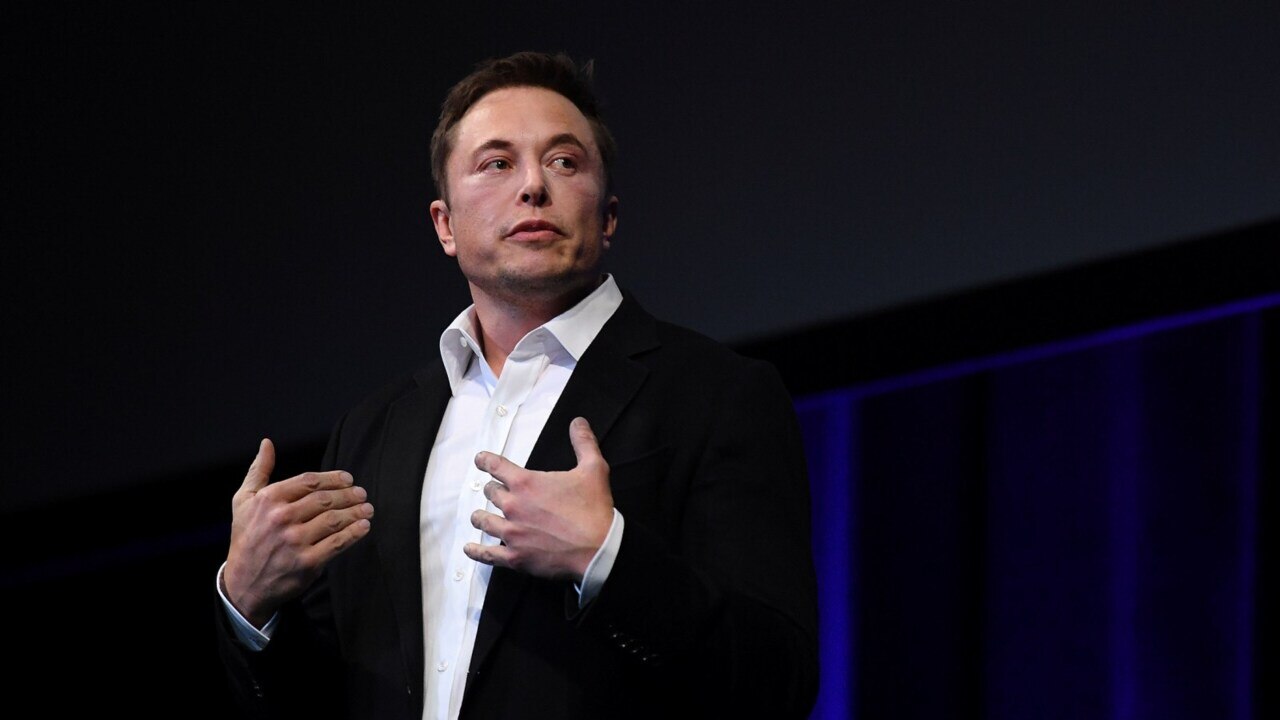
Some climate campaigners have publicly called for legislation to crack down on what mainstream media publishes. Commenters here often deride this column for correctly stating there will be no net benefit to the planet if emissions in China, India and Russia grow at a faster rate than they fall in the West.
ABC Media Watch bagged News Corp during the 2019-20 fires for saying, quite correctly, that these were not the nation’s worst fires. Several fires have destroyed more bush and in my lifetime the death toll of 34 in the 2019-20 blazes has been exceeded by the 2009 Victorian Black Saturday fires (173), the 1983 South Australian and Victorian Ash Wednesday fires (75) and the 1967 Tasmanian Black Tuesday fires (62).
Media Watch also bagged News for coverage of this year’s floods. A 2014 study in the Australian Meteorological and Oceanographic Journal looks at 253 flood events from 1860 to 2012, many with more catastrophic effects and higher death tolls than this year’s floods.
In the 1953-56 extended east coast La Nina event, 66 people died from the Gold Coast to Kempsey in eight flood events. Populations in the region were much lower than today.
How about the free exchange of ideas on race? This column has argued Guardian Australia’s Aboriginal Deaths in Custody project is based on a false analysis of the problem. Some leading Aboriginal thinkers have criticised a project that does not acknowledge Aboriginal people are under-represented in deaths in custody, although over-represented in jail. This is what the 1991 Deaths in Custody Royal Commission report actually found.
Yet ACMA seems unlikely to challenge social media posts based on the Guardian’s misreporting.
Mainstream ideas often reflect fashion rather than fact.
The example of African American economist Thomas Sowell is a standout. Sowell is largely cancelled by US universities and is not acknowledged in Washington’s National Museum of African American History and Culture. Yet playwright David Mamet has described Sowell as “our greatest contemporary philosopher”.
A couple of quotes might tell readers why Sowell has been cancelled.
“I have never understood why it is greed to want to keep the money you have earned but not greed to take someone else’s money.” And on advocates for change: “Much of the social history of the Western world, over the past three decades, has been a history of replacing what worked with what sounded good.”
While those sentiments would be anathema to most media regulators this column has encountered, it would be good to know sensible people could remain free to utter them, even online.





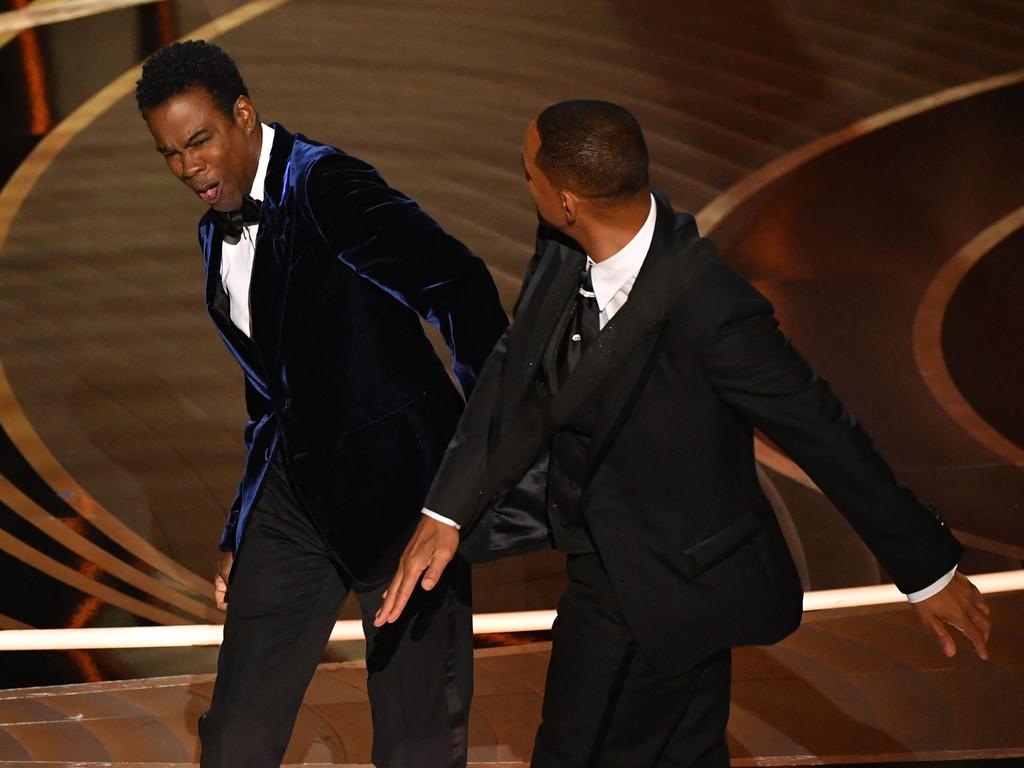

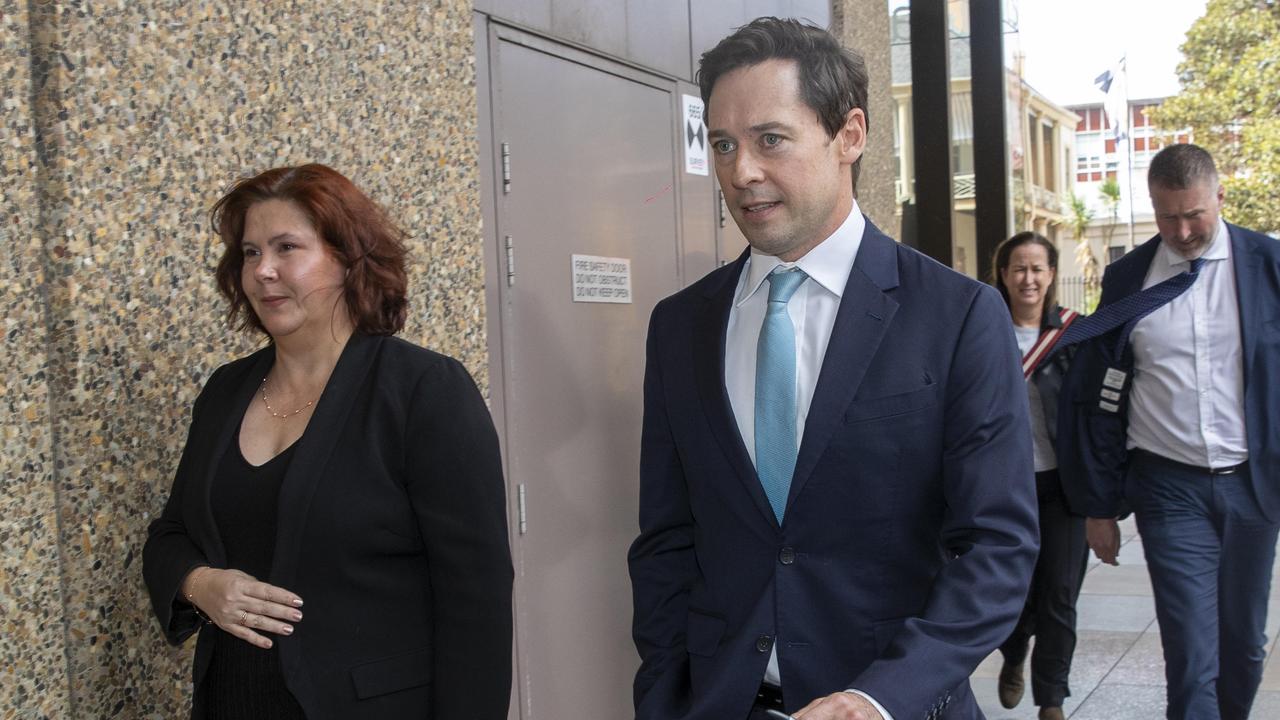
Misinformation on Facebook in the US received six times more likes, shares and interactions during the 2020 presidential election than factual news from conventional publishers, according to a Washington Post report last September of a peer-reviewed university study.